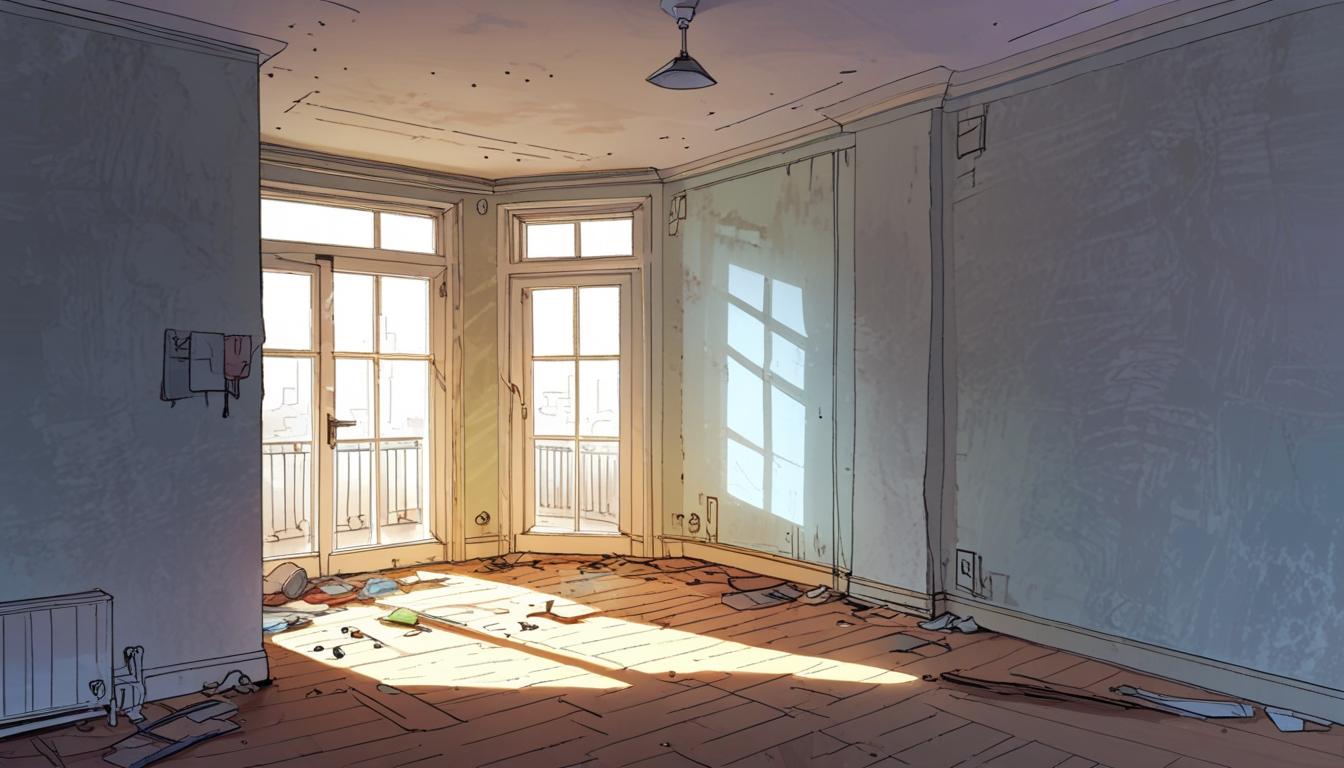Amid growing concerns over London's acute housing crisis, Mayor Sadiq Khan has called for enhanced powers enabling local councils to impose significantly higher council tax rates on empty properties. During a recent appearance on LBC, Khan articulated his views on the staggering number of unoccupied homes across the capital, suggesting that those who leave their properties vacant as an investment should be subjected to punitive taxation. “I’m not being funny, if you can afford a flat and leave it empty, you can afford double council tax,” he asserted, emphasising that this measure could incentivise homeowners to either rent out or sell their properties.
Khan's remarks follow alarming statistics indicating that there are over 34,000 long-term vacant homes in London—properties that have remained unoccupied for more than six months. This figure, the highest recorded since 2010, has prompted criticism from various quarters, with many declaring it a scandal in the context of an ongoing housing shortage. The estimated combined value of these empty homes exceeds £20 billion, a staggering sum that underscores the potential economic impact of activating these properties for residential use.
The Mayor has called upon the government to allow councils the authority to double council tax rates on these empty homes, a move he believes could effectively dissuade speculative investments by overseas buyers who contribute little to the London housing market. In particular, Khan highlighted areas such as Nine Elms, where luxury properties are often left unoccupied, as prime examples of the disconnection between investment and the pressing need for accessible housing.
Local councils, such as Wandsworth, already have the capability to charge an elevated rate of council tax on empty homes, but current regulations limit these charges to a maximum of double the standard tax. Khan argues that the absence of robust penalties for keeping homes empty is a missed opportunity to alleviate the critical housing shortage experienced by many London residents.
The proposed measures to reform council tax on vacant properties are not merely punitive; they are part of a broader strategy to increase housing availability for young professionals and families, who are often driven out of their communities due to skyrocketing property prices. "We have young professionals stuck in their childhood bedrooms for years on end, lifelong residents being priced out of their own neighbourhoods," Khan lamented. This scenario has even led to the closure of local primary schools, as families are forced to move further afield in search of affordable accommodation.
In response to this housing crisis, Khan is also “actively exploring” the use of green belt land for residential development, a controversial idea that aims to address the increasing demand for housing. The planned changes to council tax on empty properties are expected to generate substantial revenues, with some estimates suggesting an additional £540 million annually for local authorities once implemented. This newfound revenue could be reinvested into crucial public services, thereby enabling a more robust municipal response to pressing social issues.
As the situation evolves, the discourse surrounding vacant properties and council tax reform increasingly reflects the broader societal tensions between property investment and the right to housing. Khan’s proposals, while divisive, are positioned within the urgent need for practical solutions to one of London’s most critical challenges—the need for sufficient, affordable housing for its residents.
Source: Noah Wire Services
